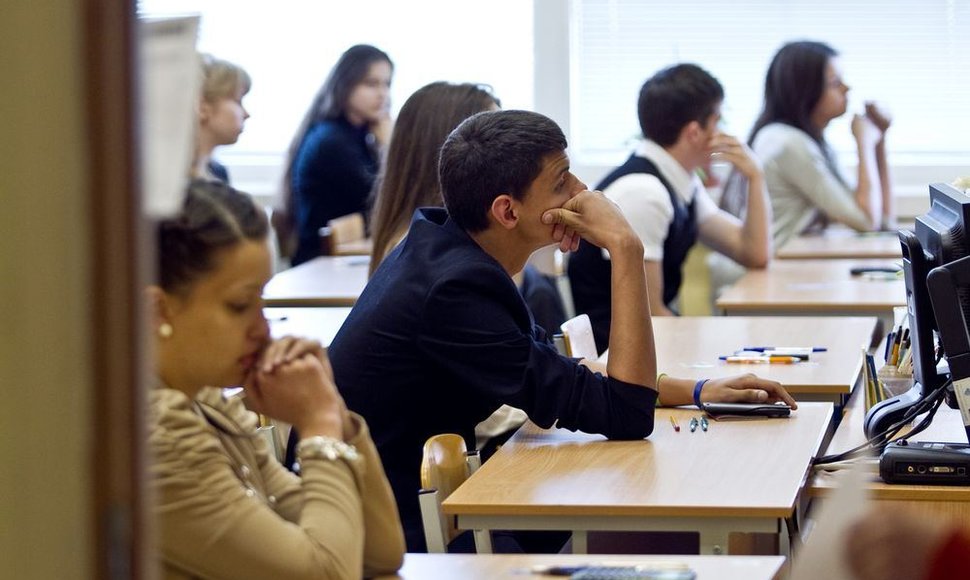Pavalkis announced his plans after a meeting of the parliamentary Committee on Education, Science, and Culture.
The minister stressed that the facilitated requirements would be in effect for a year before a review.
"We should review the results in a year and see that rights of neither of the parties are violated. We do not have any reliable data that the proposed changes will lead to a definite result. I fear that the Lithuanian-language exam may put the students of minority schools in a better positions in terms of points than the graduates of Lithuanian schools," the minister said.
Meanwhile, the parliamentary committee approved a protocol decision initiated by former education minister Gintaras Steponavičius of the Liberal Movement, suggesting that Pavalkis should hear out opinions of specialists before issuing any decrees.
In spring 2011, the Lithuanian parliament adopted a new version of the Education Law, which, among other things, envisages a new Lithuanian language curriculum in national minority schools, expanding instruction in Lithuanian, and a unified Lithuanian language exam for all students, irrespective of whether Lithuanian is their mother tongue or not. The new scheme was to be introduced in 2013 and drew much protest from Lithuania's Polish community.
On February 11, the Political Council of the ruling center-left coalition agreed on some concessions in marking exam papers of non-Lithuanian-speaking students. They are to be required to submit a shorter essay and allowed more grammar mistakes.












